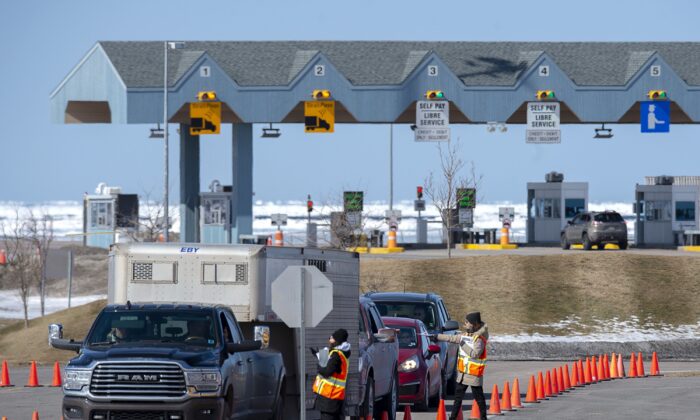US to React Strongly If Beijing Moves Ahead with Hong Kong National Security Law: Trump
Prince Edward Island’s decision to allow entry to seasonal residents will most likely put the kibosh on plans for a possible tourism travel bubble between P.E.I. and New Brunswick.
P.E.I. Premier Dennis King said at a press conference on May 21 that Canadian seasonal residents may apply to travel to the island starting June 1. While an approximate 2,300 Canadians are considered eligible for approval, an estimated 1,200 international seasonal residents will not be able to apply this time.
“This allows us to be open to our seasonal island residents, which is the very nature of who we are as Islanders. But we also have to protect and monitor the risk, which is why this process will be closely monitored to protect the well-being of all Islanders,” King said.
But King’s decision may set back the discussions to build a travel bubble between the two provinces, which have had lower COVID-19 infection rates, and came as a surprise to New Brunswick Premier Blaine Higgs.
“I was surprised about the June 1 for [seasonal residents from] all provinces with property in P.E.I.,” Higgs said in an interview with CTV Atlantic. “We were thinking we’d be a few weeks out from that, but in light of what Premier King has announced, people will be travelling through our province, we have to work out the protocols to allow that, because that’s his decision.”
A travel bubble allows the residents who have not travelled for two weeks, are not infected with COVID-19, and have not been in contact with others who tested positive for the disease to travel freely within the countries or regions participating in the bubble.
All 27 P.E.I. residents who had tested positive for COVID-19 have recovered, and the province has not announced new cases of infection since May 6. Similarly, as of May 21, of the 121 confirmed cases in New Brunswick, 120 patients have recovered.
Neither province has reported new cases of COVID-19 in over two weeks.
However, Dr. Jennifer Russell, New Brunswick’s chief medical officer of health, warned against risking importing travel-related cases from outside the province. She said a travel bubble could only happen when there are no active cases, and even then measures like testing, contact tracing, and physical distancing should still be maintained.
On May 19, about 400 Quebecers protested against the Maritime provinces’ travel restrictions by marching on the bridge linking Campbellton, N.B., and Pointe-a-la-Croix and Listuguj First Nation in Quebec.
Focus News: PEI’s Decision to Allow Seasonal Residents Could End Plans for Tourism Bubble With New Brunswick
Mental Health Crisis, Untreated Illnesses Take Toll as Shutdowns Linger
